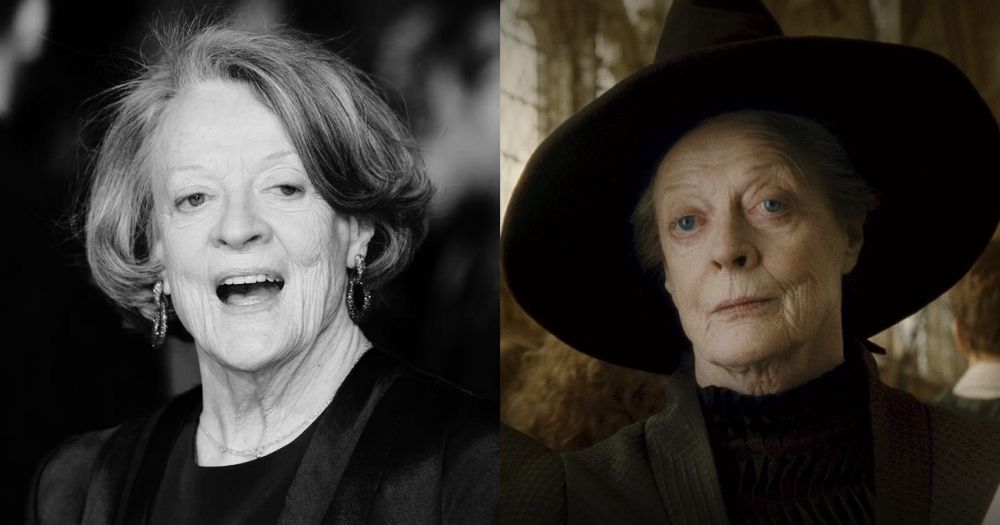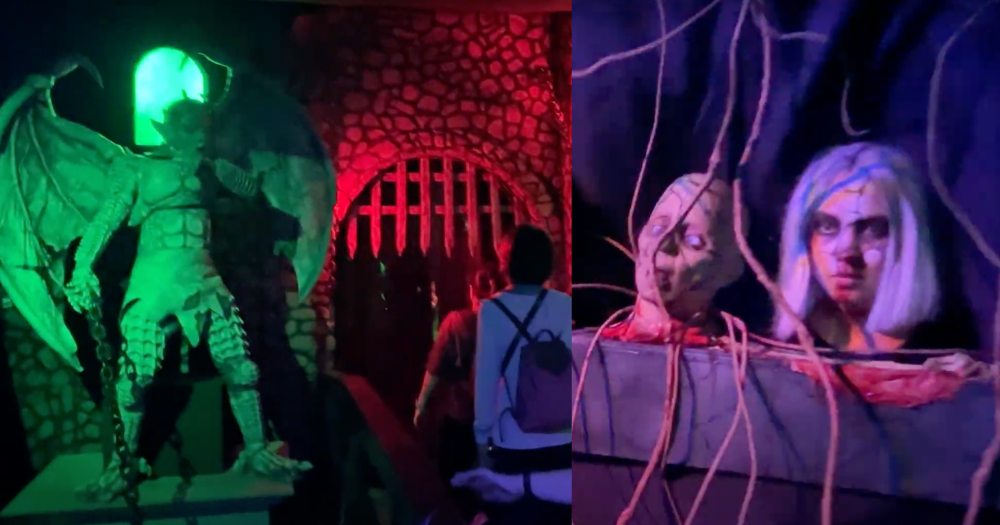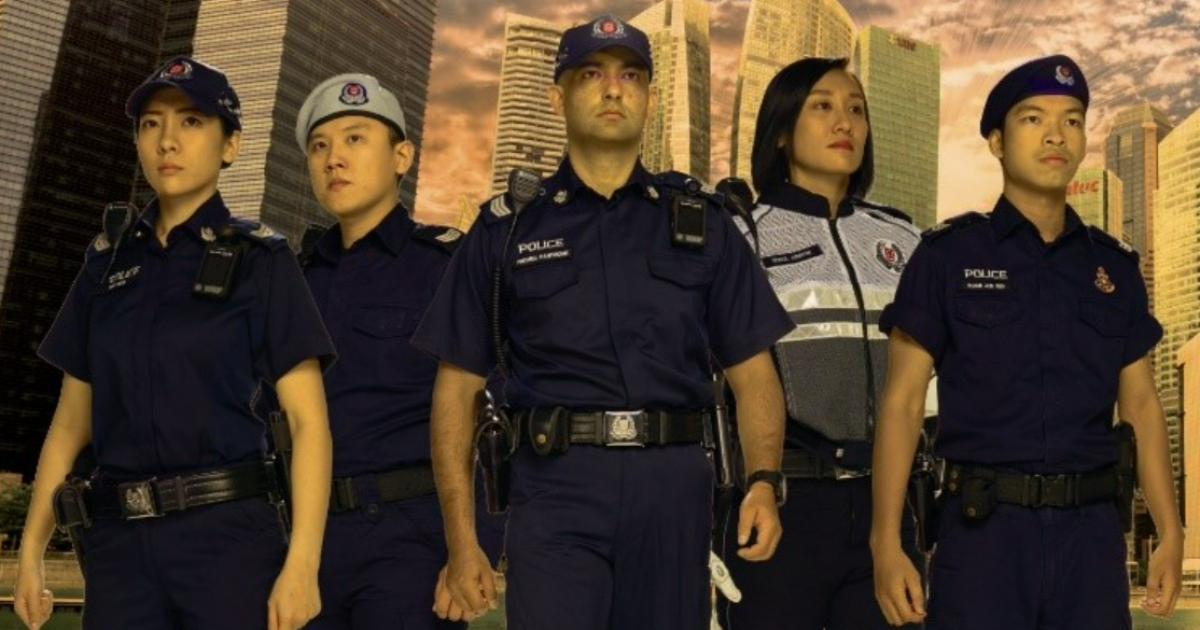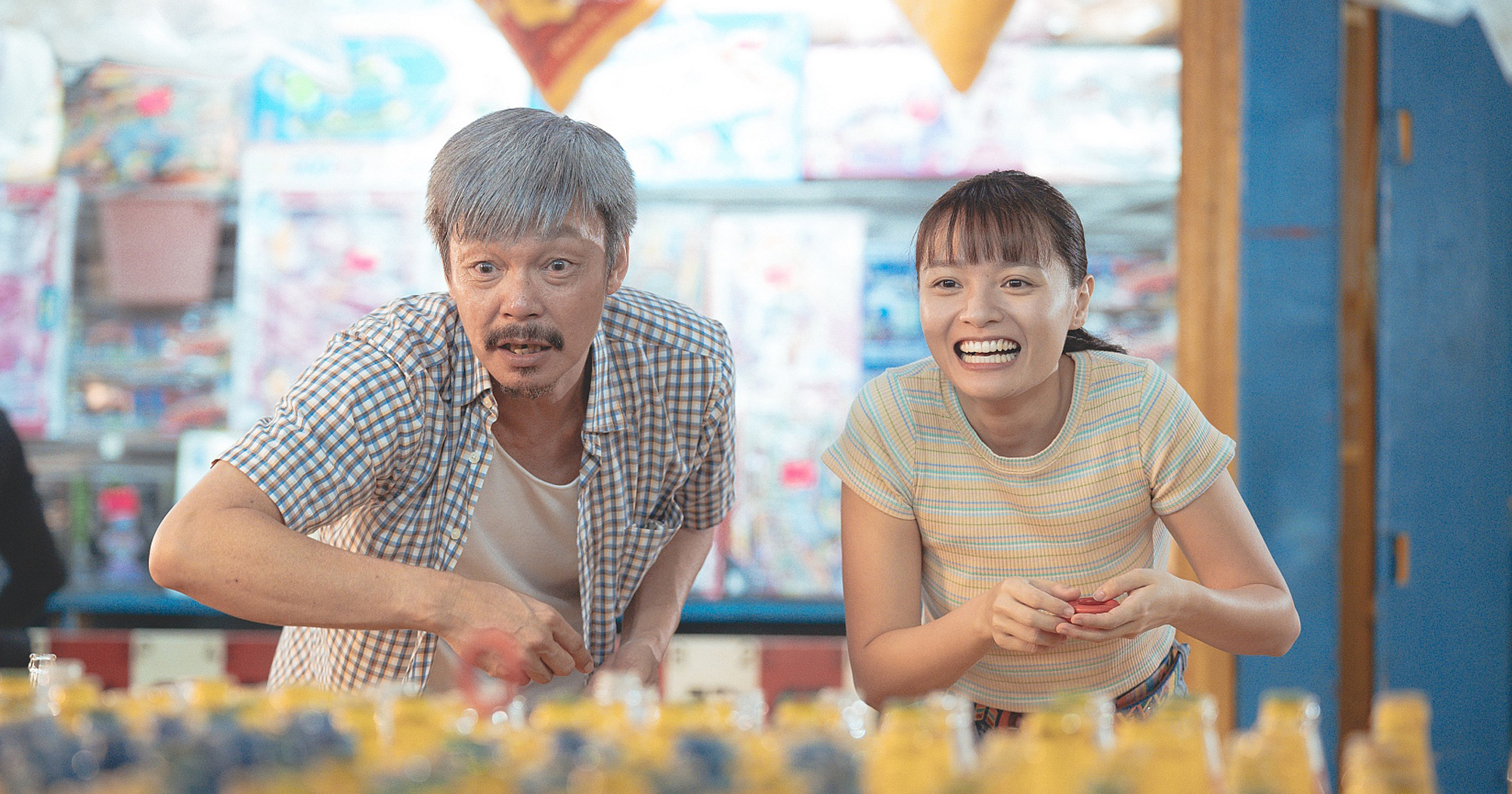
Growing up, I had a profound interest in local cinema, probably because it was something I often found myself being able to relate to.
So you could imagine the sense of pride I felt — not that I had any part to play in its success whatsoever — when news of Singapore film "Wonderland" gaining recognition overseas made the news.
You can imagine the palpable sense of excitement I felt when I found out that I'd be watching it ahead of its local release.
Here's what I understood from the synopsis: "'Wonderland' tells the story of an illiterate father (Loke, played by Mark Lee) who gets the help of his neighbour (Tan, played by Peter Yu) to write letters to his daughter (Eileen, played by Xenia Tan), who is studying in the U.S."
While living abroad, she passes away after being involved in a car crash, and Tan has to find a way to break the news to Loke.
Warning: Many, many spoilers ahead.
Unconditional love
I consider myself blessed to have my dad. Growing up, he'd assure my siblings and me that he'd give us everything within his means. But I knew there were times when he silently struggled.
Loke showed this same silent grit in "Wonderland".
Loke did everything within his means, and perhaps went beyond his means, to send Ling abroad to fulfil her dreams.
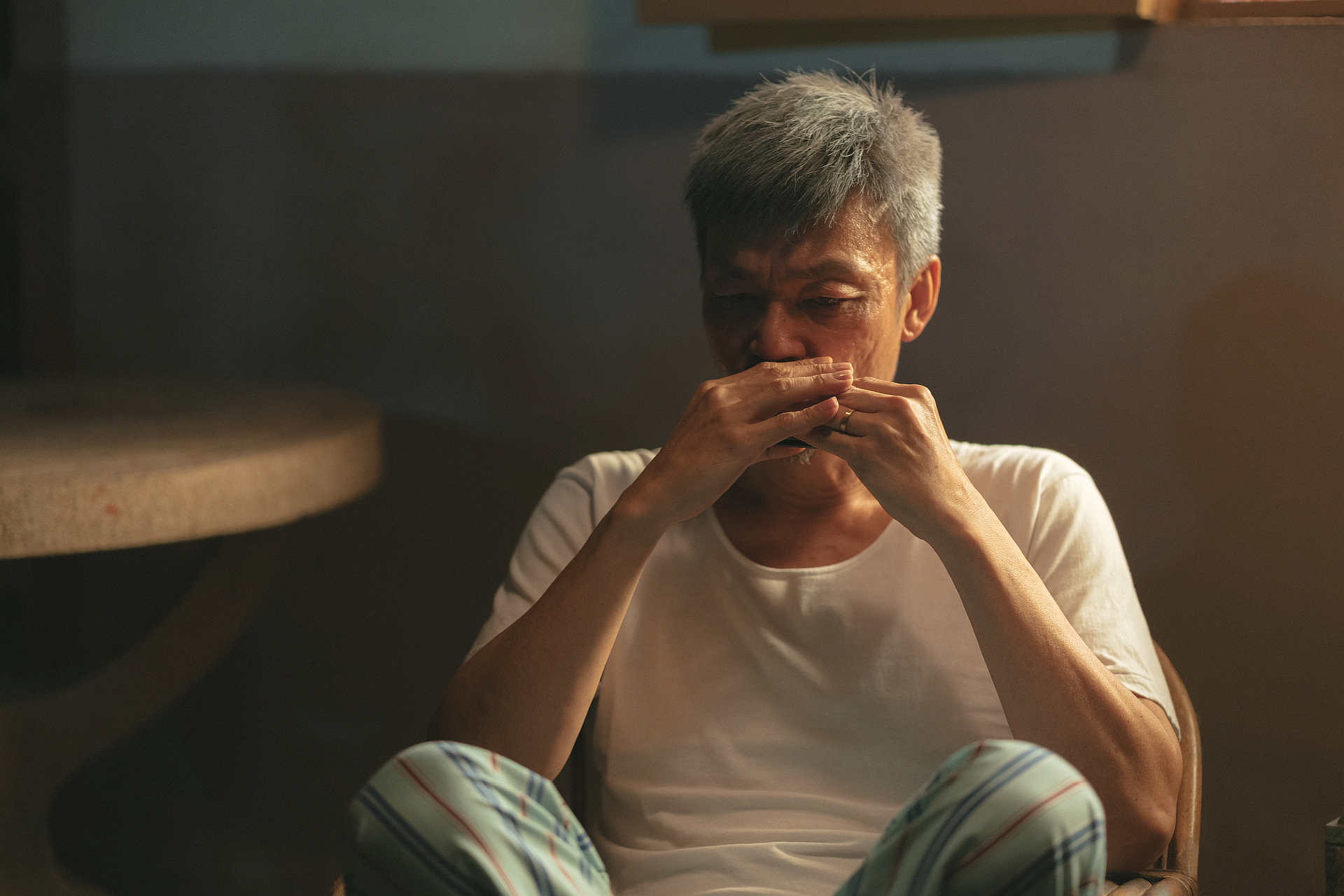 Photo courtesy of Golden Village
Photo courtesy of Golden Village
Everything he did, from lying about his financial capabilities, to secretly selling his kampong home, showed how much he wanted the best for her.
What struck me harder was the first phone call they made after she went overseas, where they were both assuring each other that they were doing fine. In reality, they were both struggling.
What goes around comes around
Out of all the relationships shown in the movie, the relationship between Loke and a young boy he caught shoplifting hit me hardest.
I initially thought that he was a filler character, but later on, realised their relationship gave a new dimension to Loke.
For context, the young boy steals joss paper from Loke’s shop. Instead of calling the police immediately, Loke speaks to him to find out why he did so — it's for his mother, who passed away — and takes him under his wing.
The boy would eventually play a pivotal role — not only was he the one who ran into the joss paper store when it was on fire to save Loke, he also burned paper offerings to the older man when he passed away.
I appreciated how this showed that Loke was a good man who chose kindness, regardless of how much he himself was struggling.
This also served as a timely reminder about the butterfly effect — how something that seems inconsequential to us can make the entire difference to the person on the receiving end.
Brothers
This was something my boss pointed out to me after we watched the movie.
In most movies I've watched, they don’t usually involve strong brotherly relationships, especially between two older men.
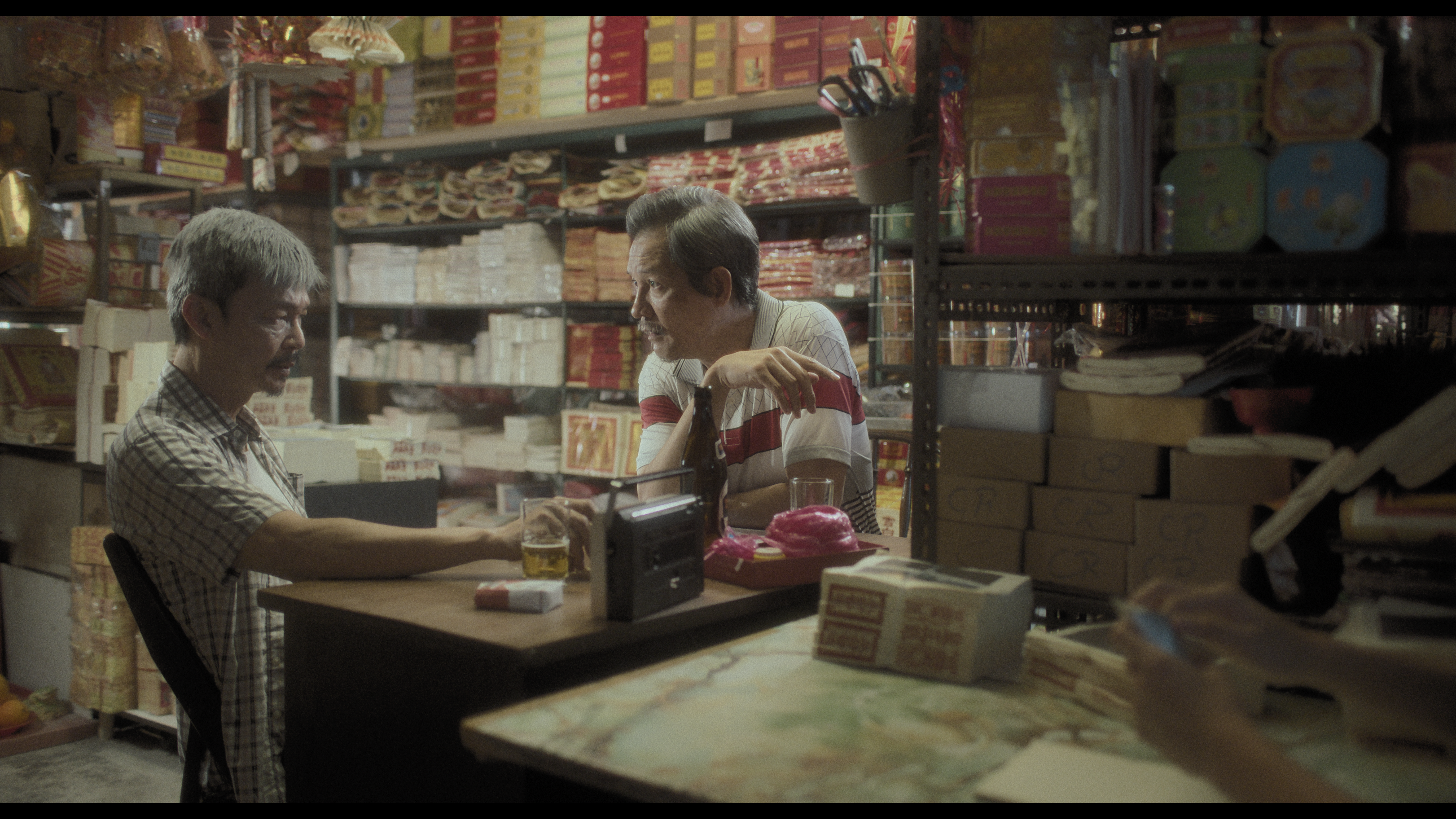 Photo courtesy of Golden Village
Photo courtesy of Golden Village
It was refreshing to see how Loke and Tan’s relationship played out and them being each other’s support system; like how Tan would read Ling's letters to Loke, and write letters on his behalf, and how Loke would go to church to play the harmonica for Tan’s choir.
Kampong spirit
You’ve probably watched multiple films portraying the “kampong spirit”, as have I.
But in this film, I felt the kampong spirit especially strongly as it was Loke’s neighbours' way of protecting and showing love for him.
The film was set in a time when Photoshop wasn’t a thing yet.
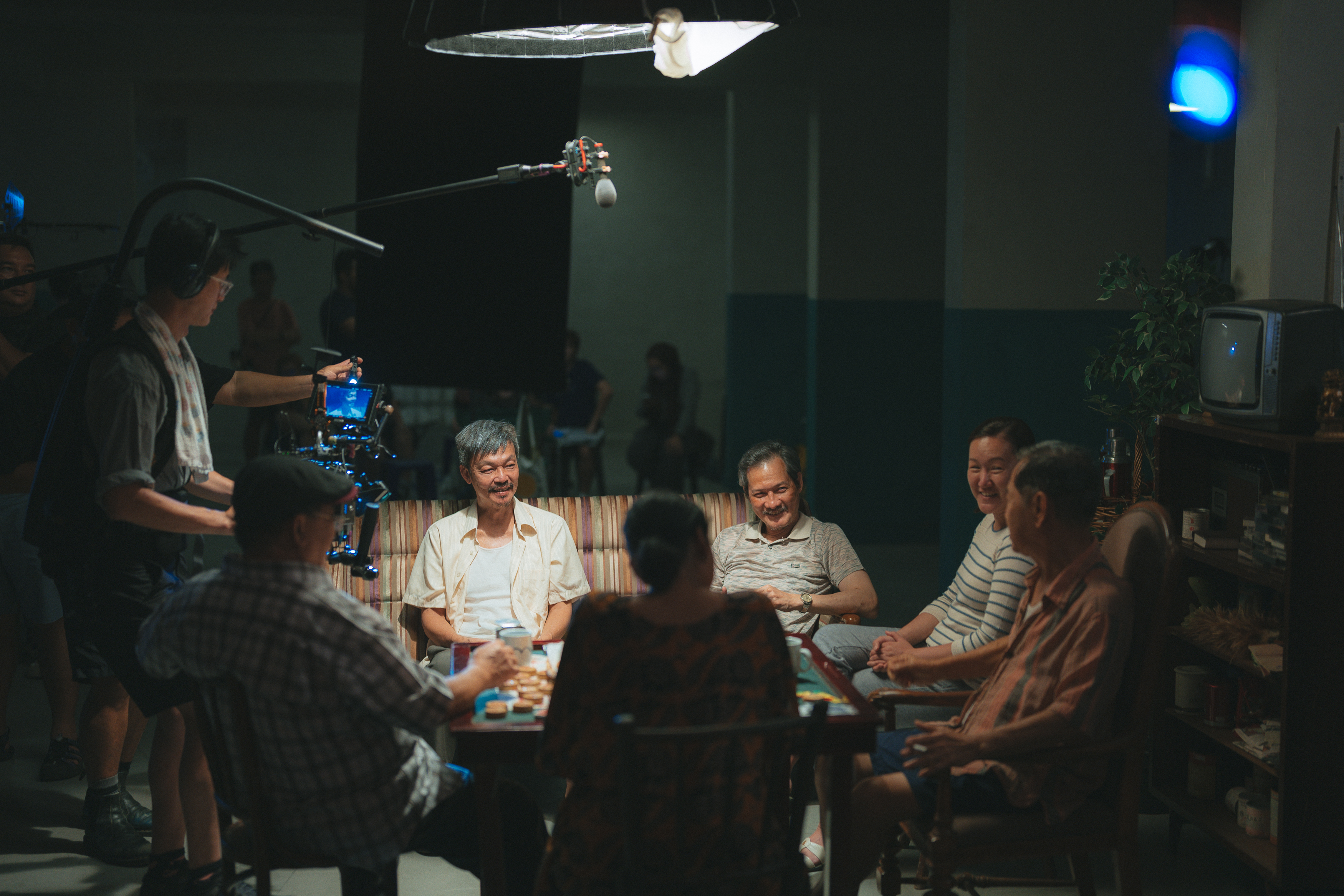 Photo courtesy of Golden Village
Photo courtesy of Golden Village
But the collective effort they put in to stitch a fake photo of Ling and her "boyfriend" together to send to Loke to convince him that she's doing well stood out to me.
As neighbours, they have no obligation to care about Loke's emotions and mental state, but still did so as they truly cared about him.
The kampong spirit shone through here as they portrayed how the neighbours pitched in whatever way they could, even if it was offering him kueh, or bringing him to watch a getai to help him take things off his mind.
Realistic and relatable
This part is more for Tan.
Tan mentions to Loke that he vicariously lives through Loke by helping him write letters to his daughter, something Tan wishes he could have done for himself.
Tan later reveals that he has an estranged wife and daughter. His wife left him as he had a gambling and alcohol addiction.
Though Tan's daughter appears in the movie to join his choir, he didn't quite get the on-screen happy ending that one might have hoped for.
It hit harder because this happens more often in real life than we think.
Most times, we won’t be able to reach the straightforward kind of closure that we want — neither are we going to get a happy ending all the time. And that's life.
In conclusion
Though I left the cinema with my giant tissue pack mostly intact, I did leave with lots of emotions to unpack.
The movie firmly resonated with the practical meaning of family and friendship at the same time, through the various relationships between the characters in the film.
 Photo courtesy of Golden Village
Photo courtesy of Golden Village
Additionally, as a fan of local cinema, I feel that Lee accurately carried Loke's emotions and this character is possibly one of the best roles he's done in recent years.
As I reflected about this movie, I just wanted to hug my father, and am thankful that I can still do so.
"Wonderland" is now playing in cinemas.
Top photos courtesy of Golden Village
MORE STORIES








